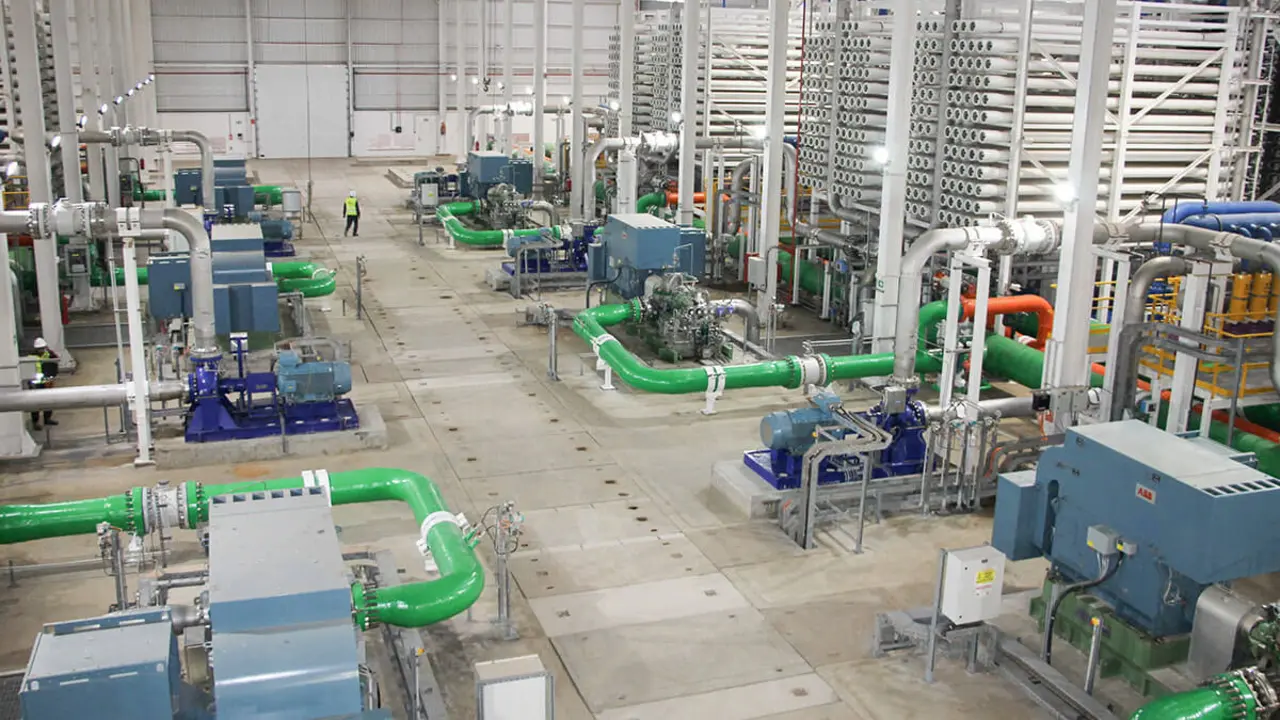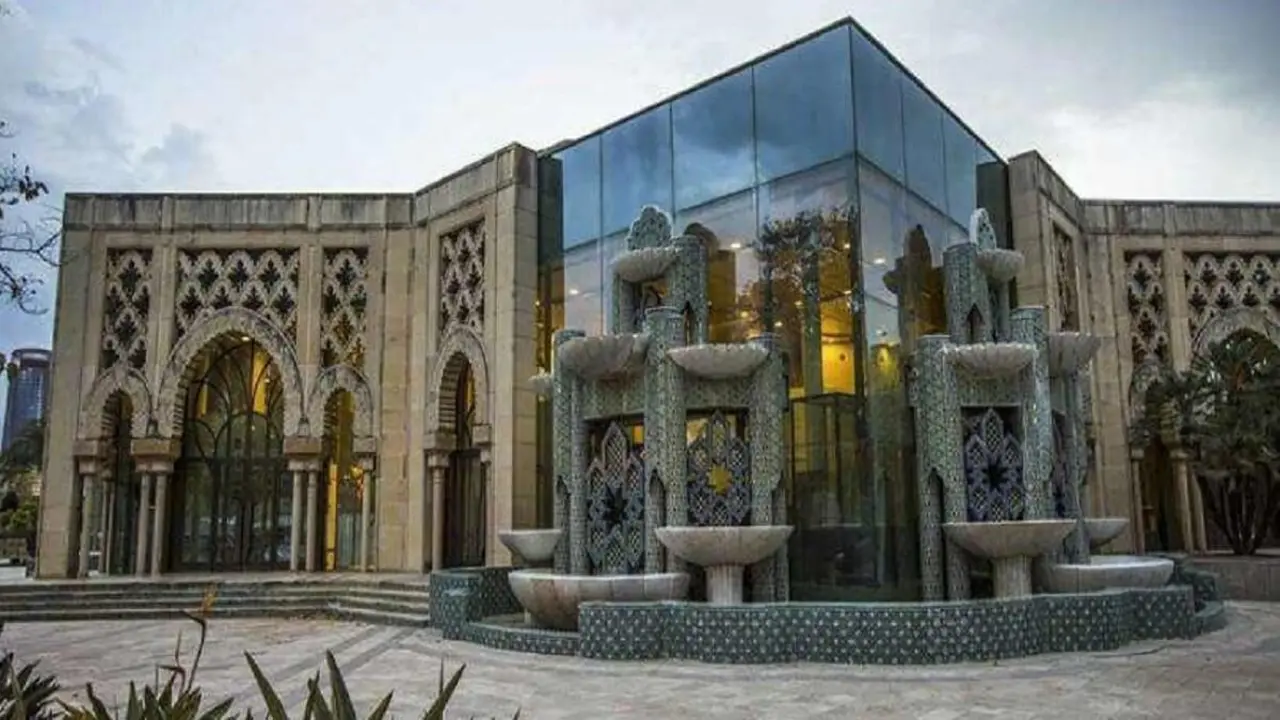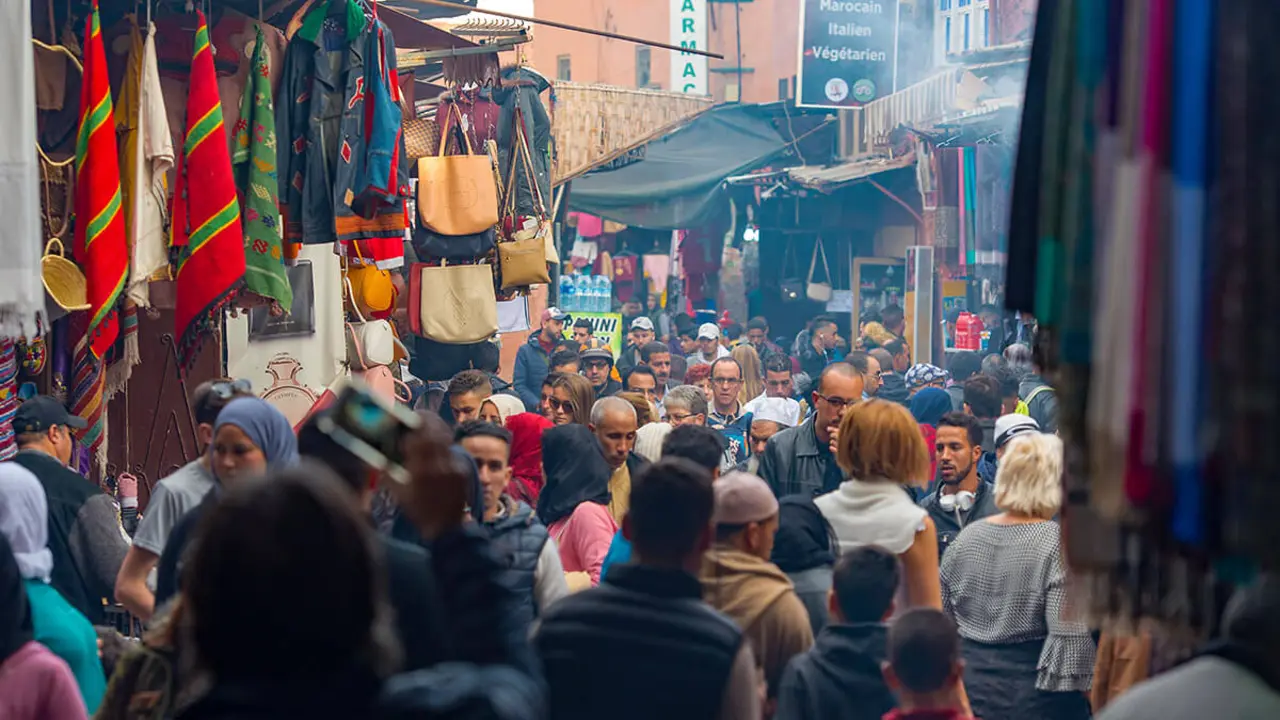Forest fires devastate eastern Algeria and western Tunisia, killing more than thirty people
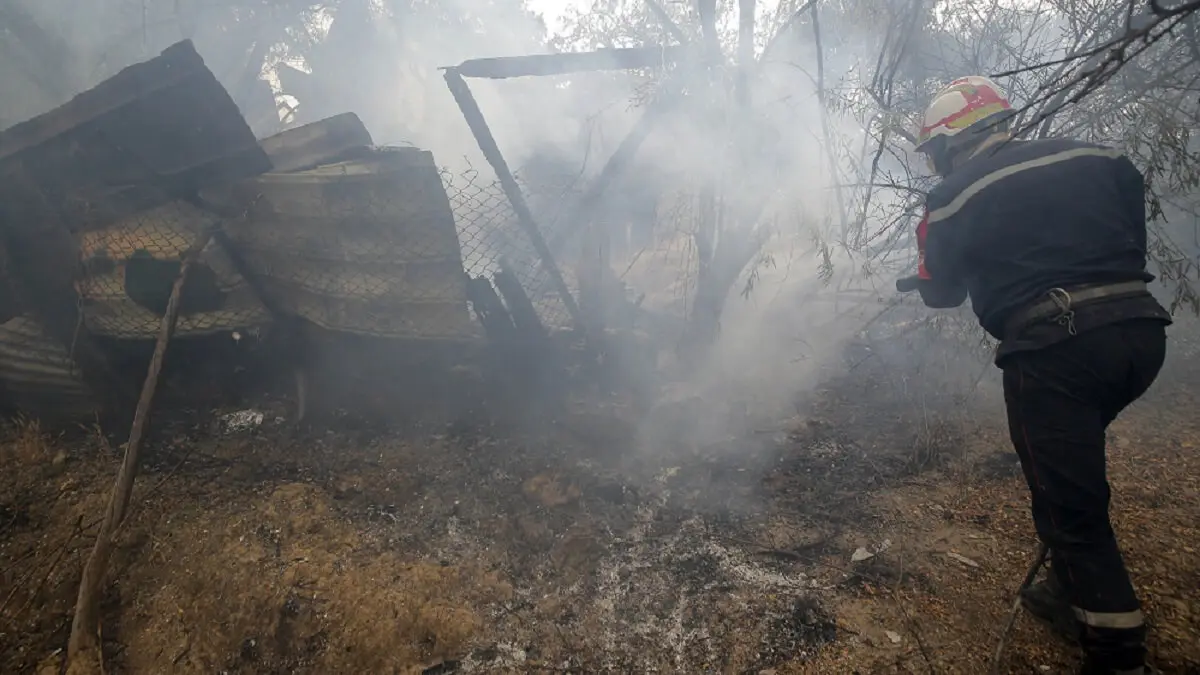
Since Sunday, Algeria has been ravaged by forest fires, with the latest figures published by the Ministry of the Interior showing a total of 34 deaths, including ten soldiers. The health department of the wilaya of Béjaïa has put the provisional toll at 22 dead and 194 injured, making Béjaïa the town with the highest number of dead and injured so far, according to the electronic newspaper TSA.
According to the Algerian authorities, 97 fires are burning in Algeria, directly impacting forests and farmland in sixteen governorates on the east coast. The fires have spread as far as the Tunisian border near the town of Tabarka, where a dozen families have been evacuated to youth hostels, nurseries, and other public spaces. According to local sources, the flames spread rapidly across the country, reaching the forests in and around Meloula.
Other fires also broke out in several Tunisian towns in the northwest, notably in the governorates of Béja and Bizerte. Another fire broke out in Jbel Smema, Kasserine, in central-western Tunisia, which forest rangers and the Tunisian army managed to contain. According to the local authorities in Kasserine, the flames destroyed five hectares of forest.

In Algeria, civil protection teams and the Algerian armed forces evacuated dozens of families trapped in the governorate of Bejaia, located on the Mediterranean coast 250 km from the capital. Other rescue and firefighting operations are continuing in other areas. According to the Ministry of Defence, 25 soldiers were injured during rescue operations in the Beni Kesila region.
The Tunisian authorities are being assisted in the operations by coastguard boats, military helicopters, and army vehicles. As reported by The National News, Brigadier General Adel Abidi, from the Tunisian civil protection force, told Radio Mosaïque that the priority was to save lives while awaiting the arrival of help from neighbouring governorates and additional equipment to contain the fires.
A total of 2,500 residents of the Meloula villages have been evacuated by the Tunisian authorities, who have received support from several local volunteers. However, some areas remain inaccessible, as the flames are blocking access.
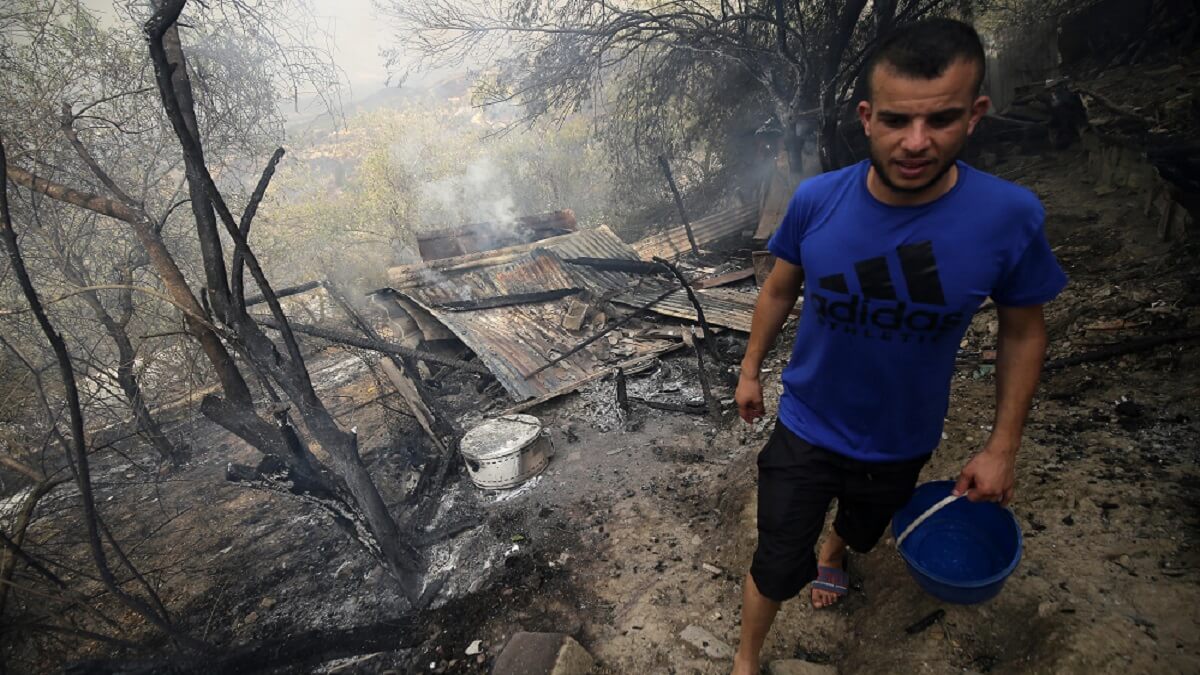
According to Arab News, more than 200 other victims suffered burns or respiratory problems as a result of the smoke. Hundreds of people have fled their homes as the flames spread in the El-Tarf region, near Algeria's eastern border with Tunisia.
Algeria and Tunisia, like other countries around the Mediterranean, are among the countries most exposed to the consequences of climate change, with heatwaves in summer and floods the rest of the year. A few days before the fires broke out, the Algerian authorities had raised the alert level to maximum after five Algerian municipalities recorded some of the highest temperatures in the world, according to El Dorado Weather.
These fires, which have increased in number in recent years as a result of global warming, have contributed to a reduction in Tunisia's vegetation cover of around 6% since 2000. Algeria, which has around 1.5 million hectares of forest, has also seen its vegetation diminish. In Tunisia, the fire season generally begins at the end of June and lasts around thirteen weeks. In recent years, fires have become more frequent, giving cause for serious concern. In Algeria, the fire season generally starts at the beginning of June and lasts 22 weeks.
L’#Algérie est à nouveau endeuillée par les feux de forêt. Deux ans après le drame de l’été 2021, une autre tragédie frappe le pays. À qui la faute ?https://t.co/j5pfaVbl8y
— TSA Algérie (@TSAlgerie) July 25, 2023
Middle East Eye points out that these latest fires are occurring during one of the hottest summers in the world, particularly in Middle Eastern countries where the highest temperatures have been recorded. On Sunday, Sweihan, a small town about 80km east of Abu Dhabi, recorded a temperature of 51.77°C, the highest ever recorded in the United Arab Emirates.
In an article published by TSA entitled “Forest fires in Algeria: lessons from past tragedies”, author Karim Kebir questions the Algerian authorities' fire prevention policy and other natural disasters. He argues that “one-off actions are no longer enough to protect forests and neighbouring populations” and goes on to say that “a radical change in fire prevention policy and other natural disasters is vital to protect populations. There is also an urgent need to put in place a genuine environmental policy to protect people and forests”.



